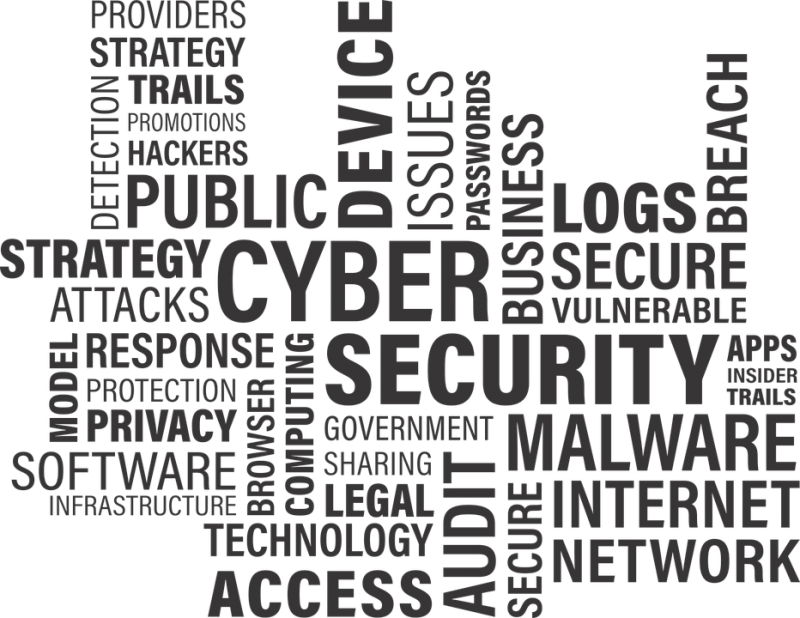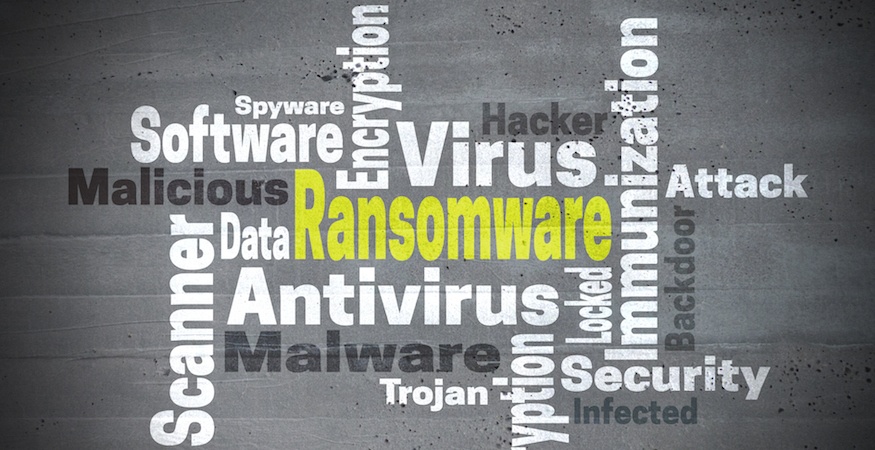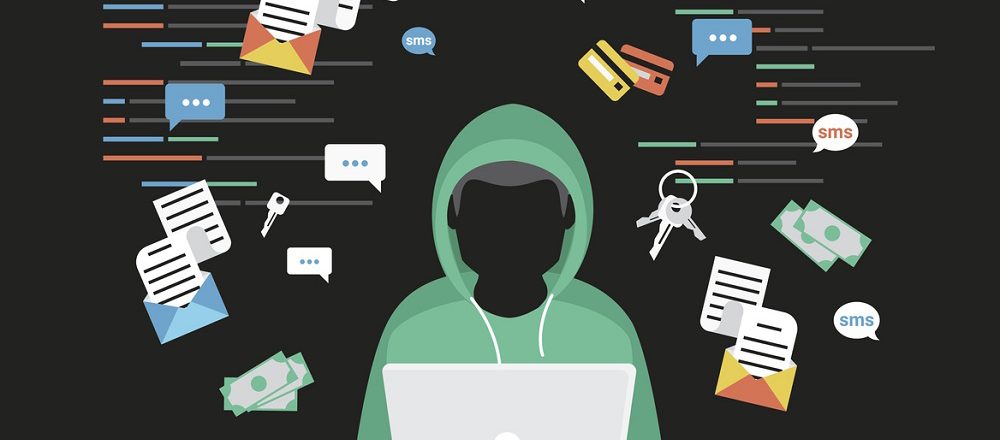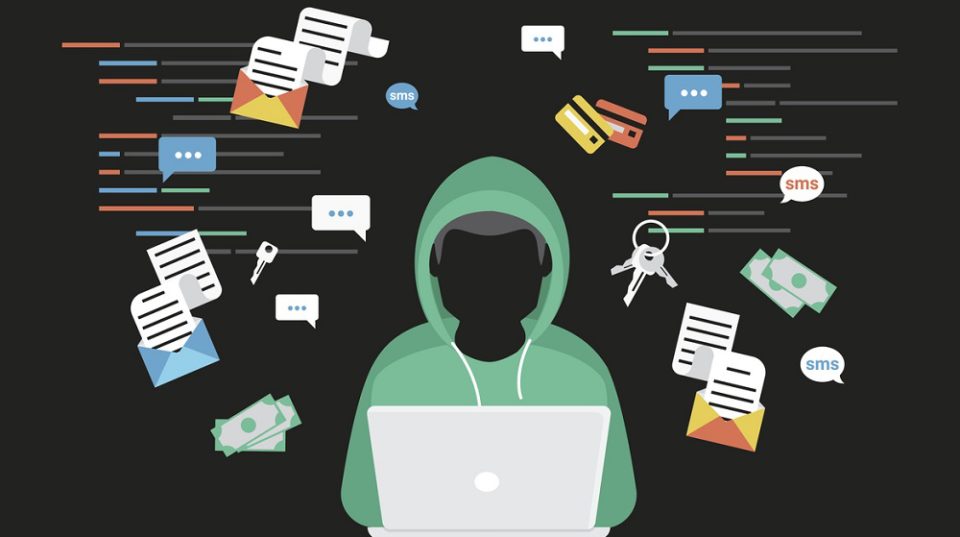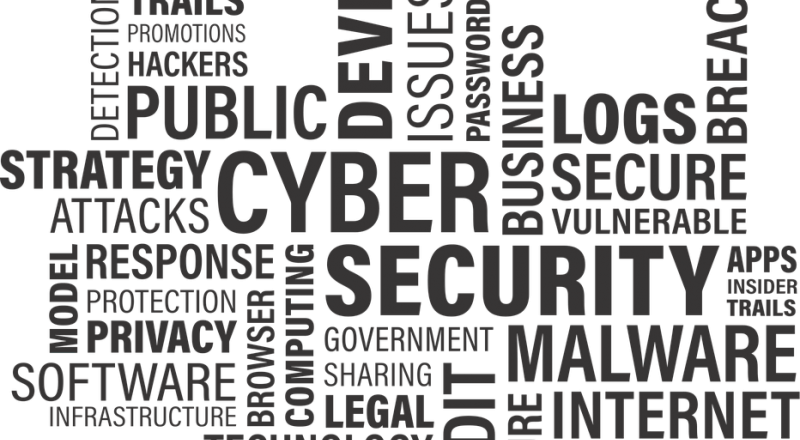
Cyber-attacks are on the rise, so protecting your business has never been more important. But what exactly are the benefits of cyber security?
We all know about the need for firewalls and anti-virus software. They provide us with a layer of defense from the legions of hackers itching to access our data. Those who are new to the world of IT, however, are unlikely to know why they need cyber security. What can it deliver? Well, let’s run through six reasons why you should invest in cyber security:
- Protects Your Data: Businesses work with huge amounts of data in the 21st And, whether its employee or customer data, it’s going to be sensitive. This needs to be protected to prevent identity theft or financial damage. A professional approach to cyber security will reduce this threat and protect the integrity of you data.
- Maintains Productivity: While the headlines regarding cyber-attacks always focus on data and costs, they fail to look at the impact on productivity. If, for example, a ransomware attack hits your network then critical files are going to be out of action. This means that your employees will be unable to work. And the impact that this can have on your organization’s productivity can be devastating.
- Financial Damage: Cyber-attacks can hit a company where it hurts: the bank balance. Ransomware demands are, naturally, the most obvious cause of financial distress, but there are others. A drop in productivity can soon lead to a drop in sales which can significantly impact your revenue streams. And there’s also the chance that irreparable damage could be caused to your hardware resulting in the need for new purchases.
- Protects Your Website: One of the cornerstones of a successful marketing strategy in the 21st century is a website. Whether it’s being used to promote your services or sell them it needs to be running 24/7. It’s a crucial communication channel, but it’s also one that’s regularly targeted by hackers. With the correct level of investment in cyber security you can limit the risk of it being compromised. This keeps your website running and ensures that your marketing strategies can run smoothly.
- Keeps Malware Out: Malicious software, better known as malware, is the bane of all security professionals. Capable of causing massive damage to IT infrastructures, malware is a form of hacking which embraces subterfuge and results in untold problems for the victims. It can steal data, it can slow down systems and even set up attacks on other businesses. But if you invest in cyber security then then the chances of malware activating its payload is reduced.
- Provides Customer Confidence: Consumers are wary of data security more than ever in the digital age. Therefore, inspiring trust in your IT systems is essential. If you can demonstrate that you’re working with professionals to protect your customers’ data then you can inspire this trust. Not only will you be able to protect your customer’s data, but you will enhance their loyalty to your brand.
For more ways to secure and optimize your business technology, contact your local IT professionals.
Read More



